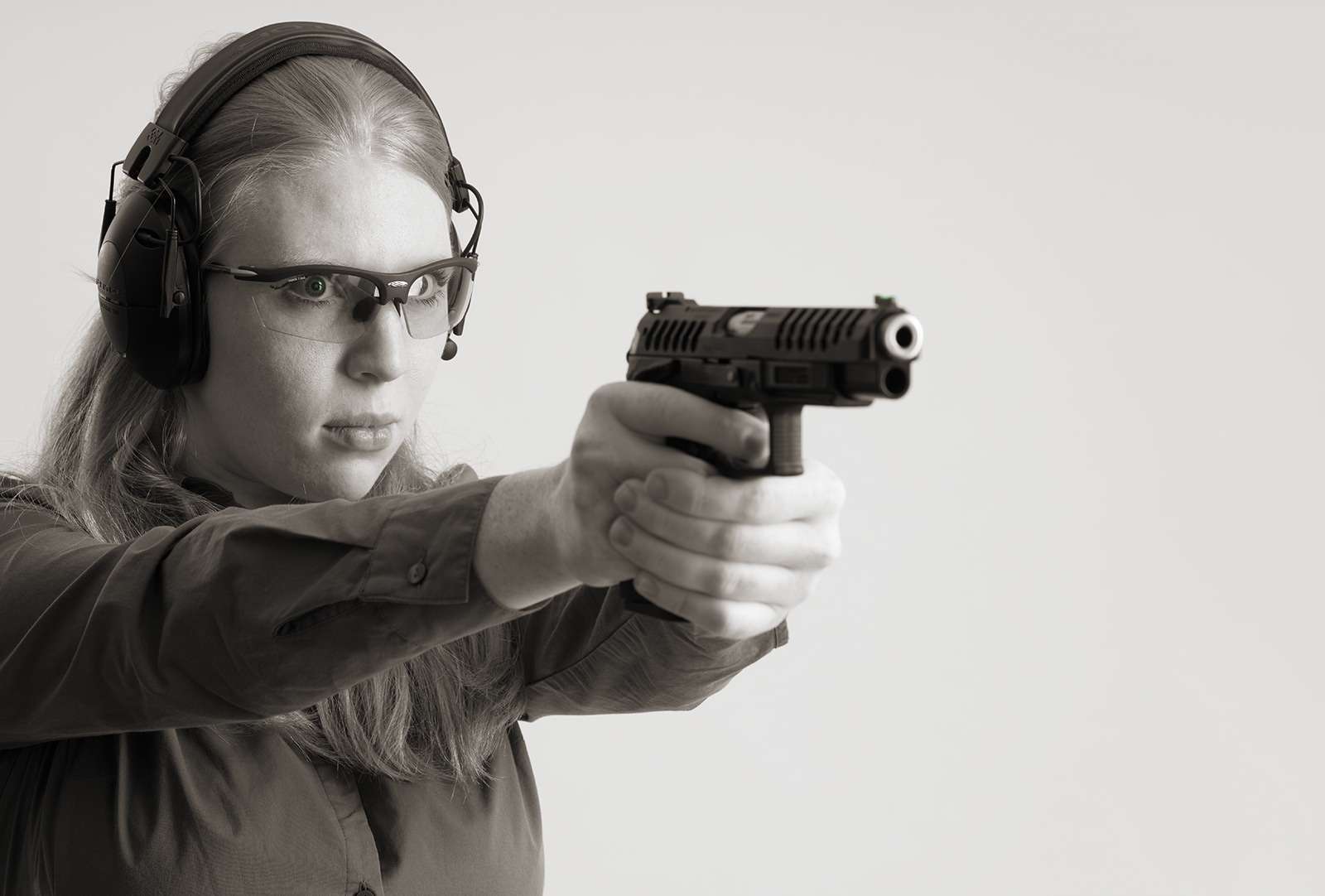The Volokh Conspiracy
Mostly law professors | Sometimes contrarian | Often libertarian | Always independent
Ban under-25-year-olds from owning guns? Not so fast.

From my UCLA School of Law colleague Adam Winkler and Dr. Cara Natterson, writing Wednesday in the Washington Post:
We should … consider raising the minimum age to buy or possess (without adult supervision) a firearm to 25.
People under 25 are responsible for a disproportionate amount of America's gun violence. According to data collected by the FBI, nearly 50 percent of all gun homicides are committed by people younger than 25. Most of those perpetrators are 18 to 24….
There is a reason people under 25 are dangerous with guns. The scientific literature over the past two decades has demonstrated repeatedly that the brain does not fully mature until the mid-to-late 20s….
Using brain maturation as a basis for age cutoffs is smart policy. Rental car companies won't rent (or charge higher prices) to people younger than 25 because the actuarial tables clearly show that younger drivers have significantly higher accident rates….
We limit other rights, including the right to vote, the right to serve on a jury and the right to marry, on the basis of age. Although 18 is a common cutoff, there's nothing magical about that number. For guns, the science and evidence suggest, the right age is 25.
As readers might gather, I don't share these views. Among other things, if the Second Amendment does secure an individual right to keep and bear arms - not just the view of the Court, but also the stated view of President Obama, and of 2/3 to 3/4 of the American public (as polls reveal) - that has to mean that adults are entitled to have guns, without regard to generalizations about whether we think people that share their attributes tend to be less mature than usual.
Some states do limit handgun ownership by 18-to-20-year-olds, and a few jurisdictions (New York City and, to some extent, Illinois) limit all gun ownership by 18-to-20-year-olds. Federal law also bans licensed gun dealers from selling handguns to 18-to-20-year-olds, though it's fine for 18-to-20-year-olds to buy handguns from ordinary citizens who aren't in the gun business.
I think these restrictions are unconstitutional, too; but if those laws are justified, that can only be because of the longstanding tradition of having 21 as the age of full majority (the dominant rule throughout the country), a tradition that changed only around 1970. But people age 21 and above have been viewed as adults for purposes of exercising their basic constitutional rights throughout American history. There's nothing "magic" about 18 and 21, but they do represent deeply rooted understandings - including at the time the Second and Fourteenth Amendments were enacted - about who is no longer a child, subject to the rights limitations that we impose on children. (Indeed, the higher ages required for running for office have been justified precisely by the Supreme Court's conclusion that there is no federal constitutional right to run for office.)
And beyond the constitutional argument, adults younger than age 25 are just as entitled to the tools needed for self-defense as older adults. Indeed, 18-to-24-year-old women are especially likely to be targets for rape, but more broadly 18-to-24-year-olds are especially likely to be victims of violent crime. It's one thing to deny the necessary tools for self-defense to people who have long been recognized and children, who are both especially immature and usually under the protection of their adult parents. But I don't think that it can be justified to deny the same tools to people who have the responsibilities and life patterns (living alone, working, and the like) of adults. Banning gun possession by 18-to-24-year-olds will do little to protect them from violent crime, precisely because most people willing to commit rape, robbery, murder, and the like will also be willing to violate gun control laws. But it will do much to interfere with young men's and women's ability to protect themselves from violent crime.
In any event, though, if you wonder why abortion rights supporters are opposed to even seemingly fairly minor restrictions on abortion rights, part of the answer is that they know that many advocates of minor restrictions today hope to impose much broader restrictions tomorrow. Likewise, if you wonder why gun rights supporters are opposed to even seemingly minor restrictions on gun rights, part of the answer is in articles such as the one I quote, which show how many gun restriction advocates - including ones whose positions have often been seen as moderate - hope to ultimately impose quite broad restrictions indeed.


Show Comments (0)